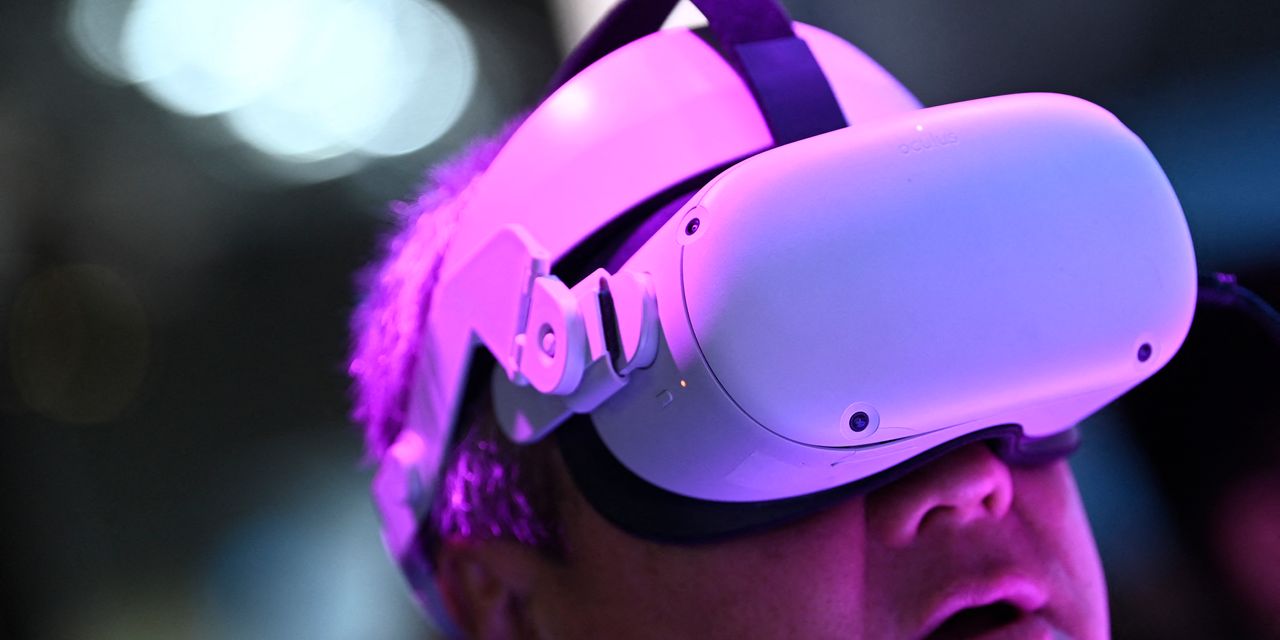Meta Platforms
is dipping its toes in the videogame subscription business as it braces for a challenge from
Apple
on virtual reality.
The company on Monday launched Meta Quest+, a $7.99 a month subscription service that comes with two games picked by Meta every month. Once customers add the games, they can play them for as long as their subscription is active.
Customers can pre-pay for a year at $59.99. Anyone who signs up by July 31 gets their first month for $1. Meta Quest+ is available on the Quest 2, Quest 3, and Quest Pro VR headsets.
The service echoes the approach of Sony‘s PlayStation Plus Essential offering, which includes select games for free each month instead of a large library of content.
Sony
‘s higher-priced subscription tiers offer a larger catalog of games, but generally don’t include brand-new games that the company publishes.
That contrasts with Microsoft’s Xbox Game Pass, which boasts a larger trove of popular videogames for $9.99 a month.
Game subscriptions are still a nascent market because blockbuster videogames are expensive and time-consuming to develop. The very games that may sway a user to sign up for a monthly subscription have the potential to generate far more money if they’re sold individually. Meta’s offering, turning to a pair of handpicked titles a month, seems to acknowledge that reality.
Microsoft
‘s (MSFT) Game Pass is an exception because it offers Microsoft Studios titles for free the day they are released.
Though Meta is a leader in the virtual reality space and VR games thanks to acquisitions such as the headset maker Oculus, and software makers Beat Games and Camouflaj, not to mention billions of dollars in other mixed-reality investments, Wall Street hasn’t been impressed so far. Investors have been more excited about artificial intelligence and costs cuts in recent years than the “metaverse” trend that CEO Mark Zuckerberg was chasing when he rebranded Facebook’s parent company as Meta in 2021.
If that wasn’t bad enough, the firm’s dominance in the VR space will soon face its most dangerous challenger yet.
Apple
unveiled its Vision Pro mixed-reality device earlier this month, saying it plans to launch the $3,500 headset early next year. Unlike Meta, which has put a heavy emphasis on games, Apple’s marketing so far has focused on other forms of entertainment and productivity features.
The winner in the VR arms race will need to build a large user base to attract major game publishers. Though Apple is looking to woo small developers, its device’s steep price tag doesn’t stack up well with Meta’s Quest 2 at $299. The subscription could give Meta another way to convince consumers its ecosystem is more affordable.
It will just need to balance adding subscribers against losing sales for individual games.
Write to Connor Smith at [email protected]
Read the full article here




